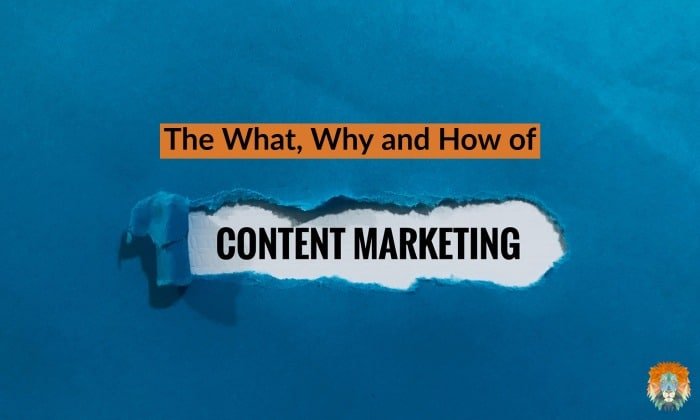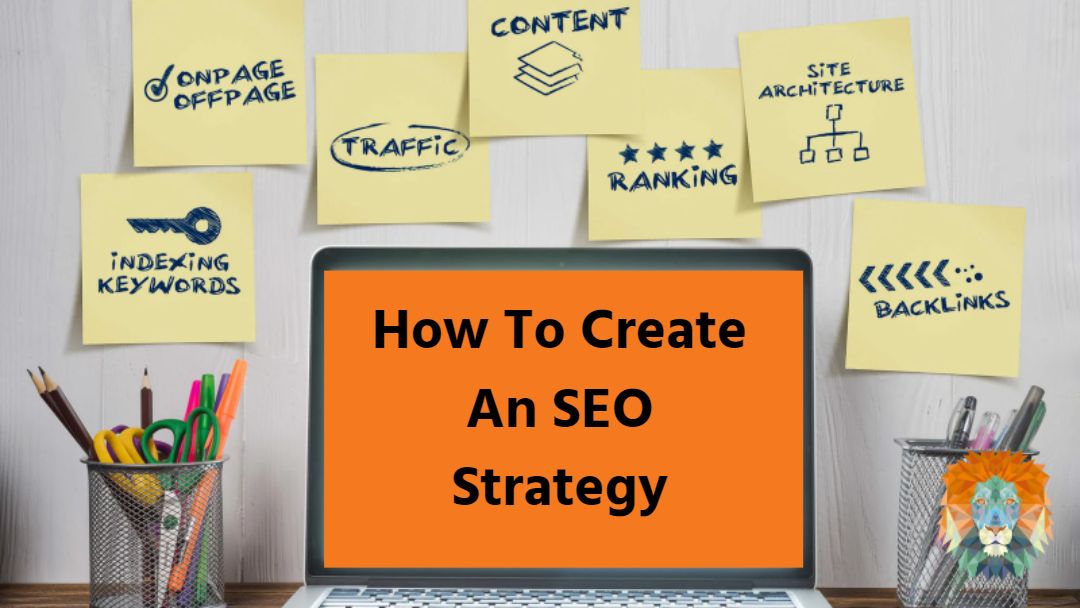In this article, we discuss the main findings from the latest study by the Charted Institute of Marketing (CIM), “The Impact of Marketing Part 1: The Mission for Marketing (2020)”. The study aims to understand the impact marketing has on the industry, the economy and the wider society. CIM is one of the largest, and most respected, marketing bodies in the world.
Their studies help inform the marketing policies of all sorts of businesses from the largest corporations to the self-employed individual. In other words, they help shape the marketing industry. So, if you work in marketing, this article is a must-read. It will help you spot the latest trends, making your marketing more effective.
For the study, CIM and Opinium “researched and analysed 1,200 professionals in the field and their peers” (source: CIM’s “The Impact of Marketing Part 1: The Mission for Marketing”, 2020).
To Understand Its Impact, We Need to Define “Marketing”
To understand the impact of marketing, we need to define marketing. In their study, CIM defines it as,
The management process responsible for identifying, anticipating and satisfying customer requirements profitability. Encompassing the sciences of analytics and psychology as much as the creative arts.
The Impact of Marketing Part 1: The Mission for Marketing (2020) – The Chartered Institute of Marketing
Unfortunately, their study shows a disparity in how different people view marketing. This makes studying the impact of marketing more difficult because people may attribute some of the benefits of marketing to other areas of the business.
For example, in our blog, “Why Good Communication Is important to Your Business“, we explain how internal communication between your marketing department and other departments helps create consistent messages, which in turn drive growth. People within the business may not realise this consistency (and therefore growth) comes from research and execution carried out by the marketing department.
Two areas preventing a clear definition of marketing:
1) Blurred Perceptions
One of the key findings from the report is that people’s understanding of the role of marketing differs depending on who they are and what their role is within the business. Compared to the CEO, a person working in sales may have a different definition of marketing.
This reflects a problem with marketers being able to communicate their role to others.
Marketers feel their colleagues undervalue them. However, interestingly, despite people’s lack of understanding of the role, and marketers feeling undervalued, marketing still ranks as the 3rd most important role for business success. This was true for both marketers and non-marketers.
Therefore, despite lacking a clear understanding of the role and value of marketing, people do see it as important to business success.
2) Diverse Roles
Another obstacle in assessing the impact of marketing is the varied roles that marketers undertake. This is largely driven by changes in technology and blurred functions.
Modern marketers carry out multiple roles and have to maintain relationships with many people across multiple departments.
The tasks of a marketer are many and varied, including:
- Customer experience
- Strategy
- Product management
- Brand
- Research
- Planning and insights
- Email marketing
- Public relations
- Digital integration
- Monitoring and measuring effectiveness
This is not an exhaustive list but serves to show why there’s confusion when trying to say exactly what we mean by “marketing”. The many roles are why it’s different things to different people.
Lack of definition affects our understanding of the impact of marketing
If we don’t have a good definition of marketing, we can’t study its impact because we don’t know what we should be studying.
But, there’s another problem too. If we can’t study its impact, it’s harder to prove its importance. This means that c-level executives place less value in it and, consequently, there’s a lack of investment in the role.
Marketers then have fewer skills and resources, which in turn affects the value and impact marketing has on the business. In other words, it becomes an underused resource.
This is further compounded by a lack of communication between marketing departments and the rest of the business. Marketers are not aligning their efforts to business goals and objectives as well as they could be.
We Need to Build People’s Belief in Marketing
As outlined above, the study revealed that people don’t understand the impact of marketing because they don’t understand what it is or how it’s valuable. There are three ways to overcome this and build belief in marketing.
1) Make Others Aware of the Work We Do
Because we do so many different roles – from social media management to analytics, content writing to research – people don’t necessarily attribute our work to “marketing”. For example, they might think of social media management as customer services or analytics as IT.
2) Teach Others about the Activities We Deliver
There’s a lack of understanding of the many activities we undertake. Technology has made our work much more complex and the average marketer has at least 6 skills/tasks they carry out as part of their role. Colleagues don’t necessarily understand what these are or how they benefit the business.
By educating people are the many tasks we do, we can help them understand our value.
Marketing Delivers Value
The above obstacles are problematic, but we can overcome them. However, we need to do this in the right way if we want to capitalise on everything good marketing can do for a business. This means aligning marketing efforts with business objectives, and the rest of the boardroom, by communicating better with other areas of the business.
Marketing works best when it collaborates with other departments and functions.
Marketing helps businesses build trust with customers and it helps us to satisfy our customer’s needs. But this is only possible if we understand our customer’s values and if we tailor our marketing messages accordingly.
Once it happens, though, it leads to growth and customer acquisition. These are the two things that ranked most highly in the study when participants were asked about the most important things for business success. Marketing came in third, still high, but its impact on growth and acquisition are not recognised.
The study gives an example of Milk and More. They noticed that people were starting to dislike single-use plastic and used this to aggressively market their glass-bottle milk delivery service, which led to great success. In one month, 20,000 people signed up to their service.
And marketing doesn’t just bring value to the immediate business. It also benefits the economy and society as a whole. For example, there are 415,000 marketing jobs in the UK and it adds a gross value of £36.5bn to the economy (source: CIM & PwC Export Ready 2018).
Marketing can affect behaviour, psychology, and lead to innovations.
What Makes Marketing Successful?
According to the study, marketers feel relatively confident in their abilities (70%) and are well prepared for future changes (65%).
The most important things for success in marketing are:
- Communication: this is the ability to communicate with customers, colleagues, inter-departmentally, the c-suite, and society in general.
- Creativity: this is the ability to think of innovative ways to drive marketing efforts forward, from creating catchy ideas to inventing new processes.
- Commercial awareness: this is about understanding the business properly, including the business goals, customer values, and the industry.
Proficiency in digital media (e.g. social media, data analysis) is also important.
What Do We Need to Change?
The study argues that we need to bridge the gap between other people’s awareness of our role and value and our understanding of our importance. To do this, we need to inform people about the tasks we perform and the impact these tasks have on the business.
We need to align our marketing goals with the goals of the business and be able to communicate this to decision-makers so they can see how marketing helps the business reach its goals.
This will help the c-suite to recognise marketing as part of its strategic planning, allocating more resources to marketing efforts and, more broadly, investing in upskilling its marketing department – In particular, businesses need to keep up with investment into marketing technology. This then has a positive effect on marketing efforts and contributes to greater success of the business. It’s a reinforcing cycle.
In other words, the business comes to see marketing as an investment, not a cost.
Without these changes, they argue, many businesses will continue to see marketing – with its proven commercial and social value – as something to overlook and ignore.
Summary
In summary, the study argues that if you want to unlock the potential of your marketing efforts, you need to ensure people across the board have a clear understanding of your role and the value it has for the business.
You must ensure that your marketing efforts align with your business goals if you want to see growth. To do this, you need to communicate with other departments, understand your customers, and understand your industry. This will help you identify future needs and trends.
When presenting your arguments, use metrics to support what you’re saying, and, this is a two-way street. The c-suite needs to listen to what you are saying and understand the importance of investment.
Finally, keep learning. Upskilling will allow you to achieve all of the above.





0 Comments